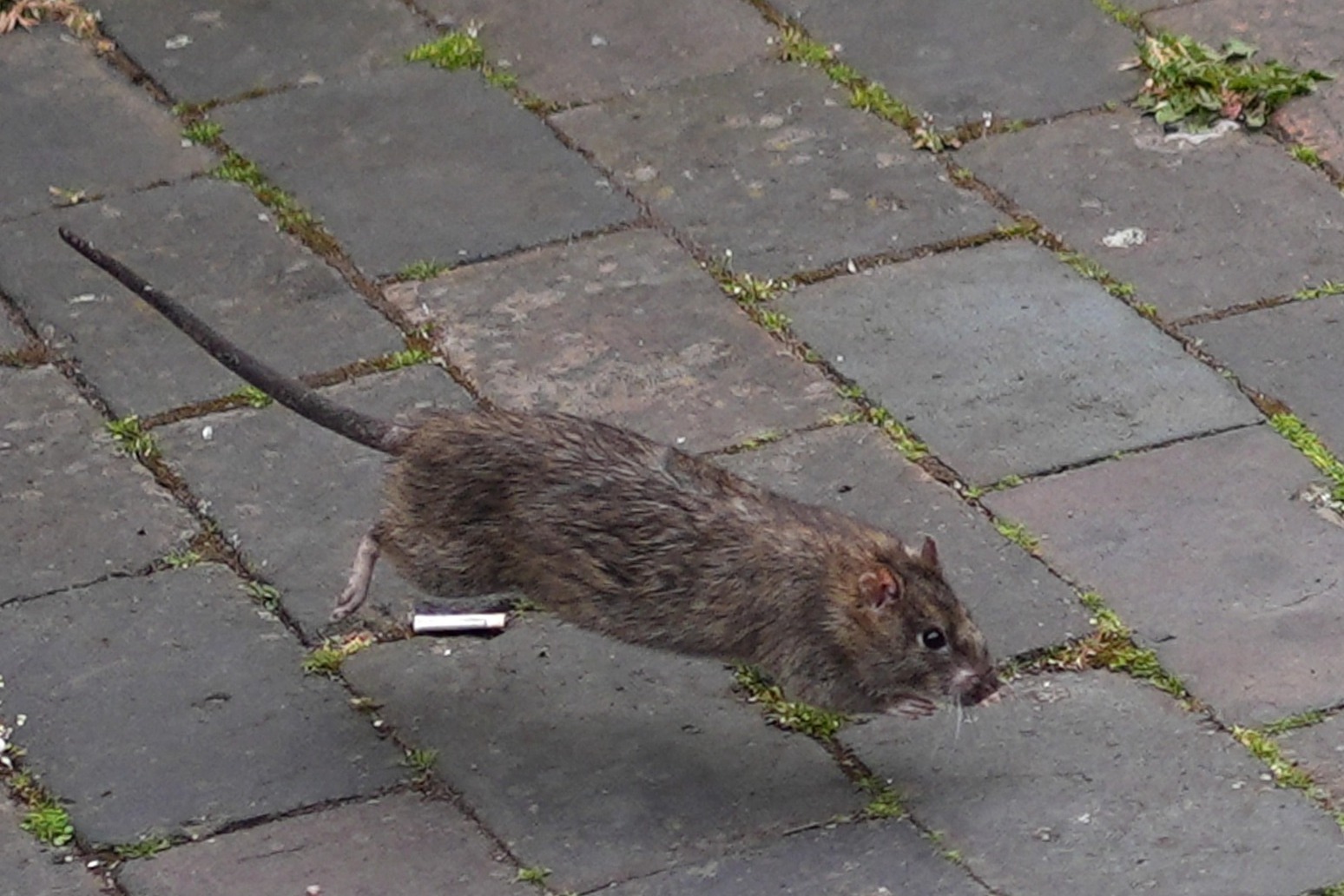Listeners:
Top listeners:
-
 play_arrow
play_arrow
Rother Radio (128K) Love Local, Love Music!
-
 play_arrow
play_arrow
Rother Radio (64K) Love Local, Love Music!
-
 play_arrow
play_arrow
Rother Radio (South Yorkshire) (64K) Love Local, Love Music!
-
 play_arrow
play_arrow
Rother Radio (South Yorkshire) (128K) Love Local, Love Music!
-
 play_arrow
play_arrow
Rother Radio (Doncaster) (64K) Love Local, Love Music!
-
 play_arrow
play_arrow
Rother Radio (Doncaster) (128K) Love Local, Love Music!
-
 play_arrow
play_arrow
Rother Radio Xmas Love Local, Love Music!
-
 play_arrow
play_arrow
Rother Radio – Special Announcement Love Local, Love Music!


Insurance claims by motorists for damage caused by rodents, including nesting in vehicles, chewing wiring and gnawing seatbelts, have jumped, according to an insurer.
Aviva said it recorded a 28% annual increase in motor claims for rodent damage in 2024.
It is urging drivers to take precautions to protect their cars from rats and mice in the colder months – a time of year when claims tend to increase as animals look for shelter.
The average claim in 2024 was for £2,494, according to Aviva’s data – but in one case seen by the insurer the cost was more than £24,000, resulting in the vehicle having to be written off following damage to its interior and exterior.
Average claim costs for rodent-related damage increased by around 11% annually last year, with the average claim in 2023 put at £2,253.
Types of damage commonly cited by customers include rodent nests discovered within engine compartments and behind passenger airbags, the insurer said.
It has also seen cases of chewed wiring and cabling, leading to damage across dashboard sensors, batteries, suspension systems and gear mechanisms.
Gnawed seats, seatbelts, footwells and carpets have also been reported to the insurer.
Fuel and water leaks caused by rodents biting into fuel tanks and piping systems are also a problem it has seen.
James Driscoll, motor claims manager at Aviva, said: “Many people are aware of the damage that rodents can cause to properties, but may not realise they also like to explore our cars.
“In the winter months, mice and rats look for warmer places to nest and they can squeeze into the tiniest of gaps, including the grilles, vents or open windows of vehicles.
“Once inside a car, rodents can cause significant damage, from chewing wires and gnawing at interiors, to nesting in engines.
“The issue tends to be more prevalent in larger cities, where higher population density, extensive drainage networks, and ageing infrastructure create ideal conditions for vermin to thrive.
“It’s worth being extra-vigilant, especially during the winter months. If you notice any signs of gnawing or suspect rodent damage in your car, contact your insurer straight away who will be able to assist.
“Coverage will vary from insurer to insurer, so it’s worth reviewing your policy details to check if you’re covered.”
Here are some suggestions from Aviva for preventing rodent damage to vehicles:
1. Remove any food, crumbs, and wrappers from the vehicle which could attract rodents.
2. If possible, avoid parking near bins or overgrown grass, which are common nesting spots. Try to park in a secure location, such as a garage. This is particularly important for those who do not drive regularly, as stationary cars can attract vermin.
3. If you are unable to park in a secure location such as a garage, consider using mesh covers or protective wraps to block access to the engine bay – as rodents can squeeze through surprisingly small gaps.
4. When opening the bonnet to top up washer fluid, inspect the engine bay for any signs of wear, damage, or rodent activities.
Published: by Radio NewsHub
Written by: Radio News Hub
Similar posts
Now Playing
Now playing: -
On Air Now

The 70’s at 7
A whole hour of music from the 70's!
Playing the best of the 70's every weekday from 7pm.
closeSponsored
Weather
Upcoming Local Event
Latest from Facebook
Search Rother Radio
Contact Us
- https://www.rotherradio.co.uk
- 01709 257 175
- studio@rotherradio.co.uk
About Us
Rother Radio – Love Local, Love Music! → Discover more
Our Partners
Rother Radio is owned by Rotherham Broadcasting CIC






